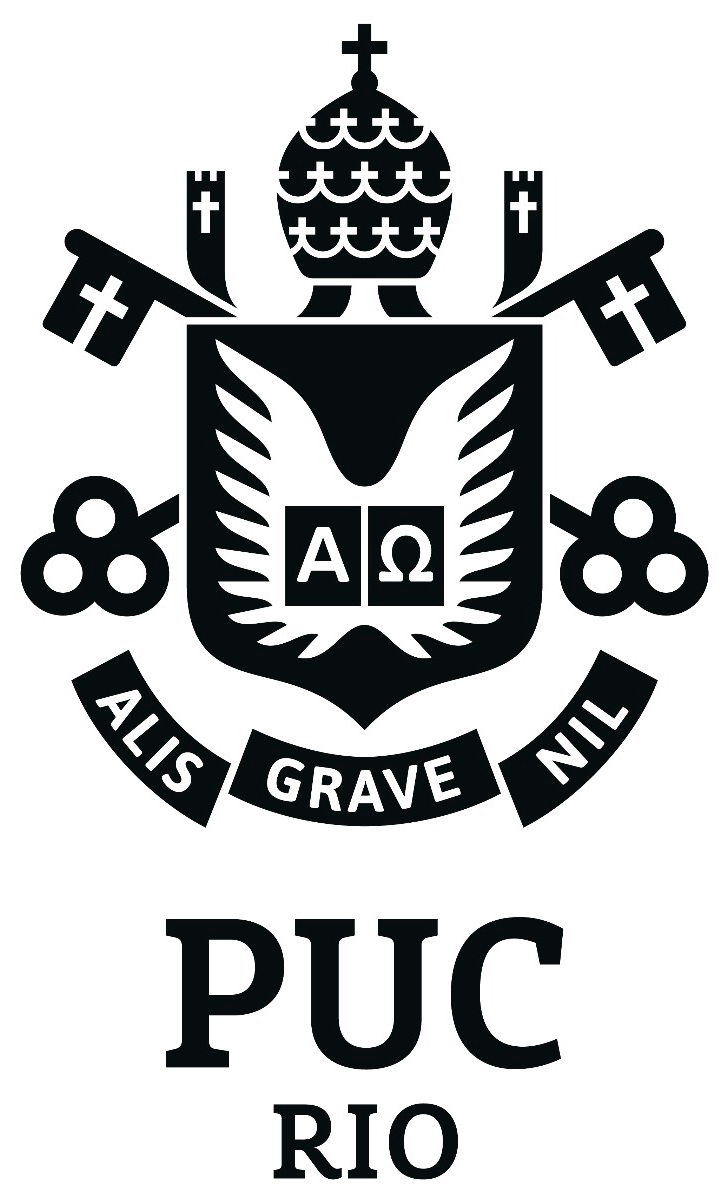How is Yours Politicians’ Business Doing?
Orientador(a): Juliano Assunção
Co-orientador(a): Claudio Ferraz
Banca: Ricardo Dahis, Raphael Bottura Corbi .Between 2004 and 2020, 18.9% of the Brazilian municipalities had at least one mayor that was also a business owner. In Brazil, this office is relevant for government spending allocation and public policy decisions. With this constitutional competence, the elected official could swing resources to their firm directly or indirectly. Even if this is done within the borders of legality, information on the performance of politician-owned enterprises may be relevant for voters. Therefore, this work uses three administrative data sources on candidates, firm ownership, and formal employment contracts to answer if mayor-owned firms grew disproportional during their owner’s term. To provide causal interpretation, the estimations are undertaken applying a close election discontinuity design. This work, therefore, compares firms from barely elected mayors with companies owned by almost victorious candidates. It concludes that mayor-owned companies grew approximately 25% more than they would if their owner had lost the election during the four years of the term.
Veja também
Understanding Financial and Non-Financial Balance Sheet Recessions
08/09/2025
Fernando Mendo
Monetary Policy and Housing in HANK
09/05/2025
Bruno Alcântara Duarte
A stochastic simulation/calibration of the cash flows between FAT and BNDES Better understanding the cash flow projections for the fund
05/05/2025
Tiago Cytryn Collett Solberg

